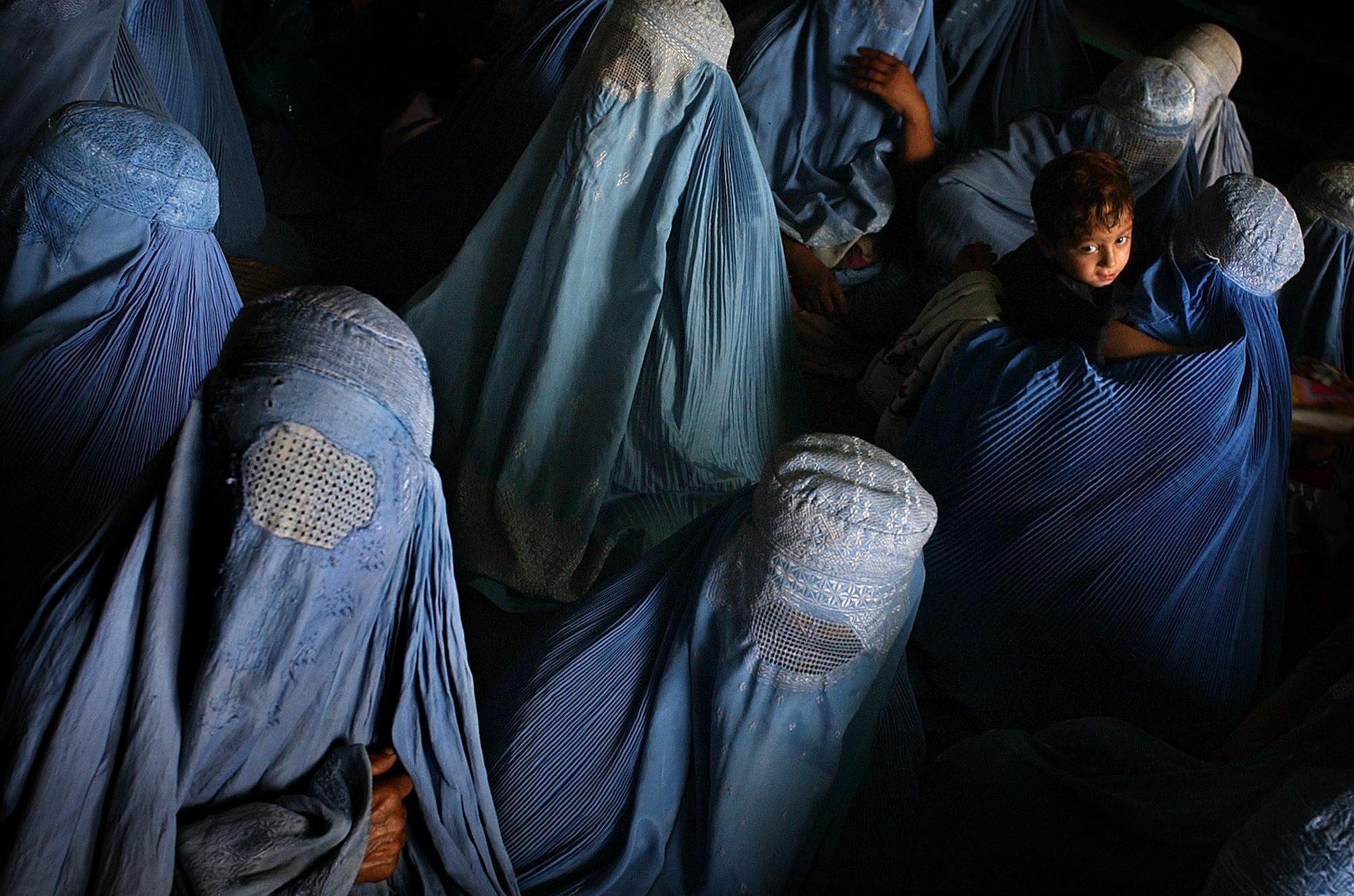The Taliban government has removed books written by women from the university education system in Afghanistan as part of a new ban that has also outlawed the teaching of human rights and sexual harassment, as reported by the British channel BBC.
Around 140 books written by women, including titles like Laboratory Chemical Safety, were among the 680 books considered "concerning" due to being "anti-Sharia and anti-Taliban" policies. For the same reason, universities will also not be allowed to teach 18 subjects, six of which specifically focus on women, including Gender and Development, The Role of Women in Communication, and Women's Sociology.
The decree is the latest in a series of restrictions that the Taliban have introduced since returning to power four years ago. Just this week, access to internet via fiber optics was banned in at least 10 provinces by order of the Taliban's supreme leader, in a measure that, according to authorities, aimed to prevent immorality.
While the rules have impacted many aspects of life, women and girls have been particularly affected: they are prohibited from accessing education beyond the sixth grade.
"Women's opinions are suppressed"
"Considering what the Taliban have done in the last four years, it was not unreasonable to expect changes to the curriculum. Given the Taliban's misogynistic mindset and policies, it is natural that when women are not allowed to study, their opinions, ideas, and writings are also suppressed," warns Zakia Adeli, former deputy minister of justice before the Taliban's return and one of the authors whose books are on the banned list. The new guidelines, accessed by BBC Afghan, were issued at the end of August.
Ziaur Rahman Aryubi, academic deputy director of the Taliban government's Ministry of Higher Education, stated in a letter to universities that the decisions were made by a panel of "scholars and religious experts."
In addition to books written by women, the ban appears to have targeted books by Iranian authors or publishers. The decision has raised concerns among some professors, including a teacher from an institution who anonymously expressed fear that filling the void would be nearly impossible. "Books by Iranian authors and translators serve as the main link between Afghan universities and the global academic community. Their removal creates a substantial gap in higher education," he stated.
